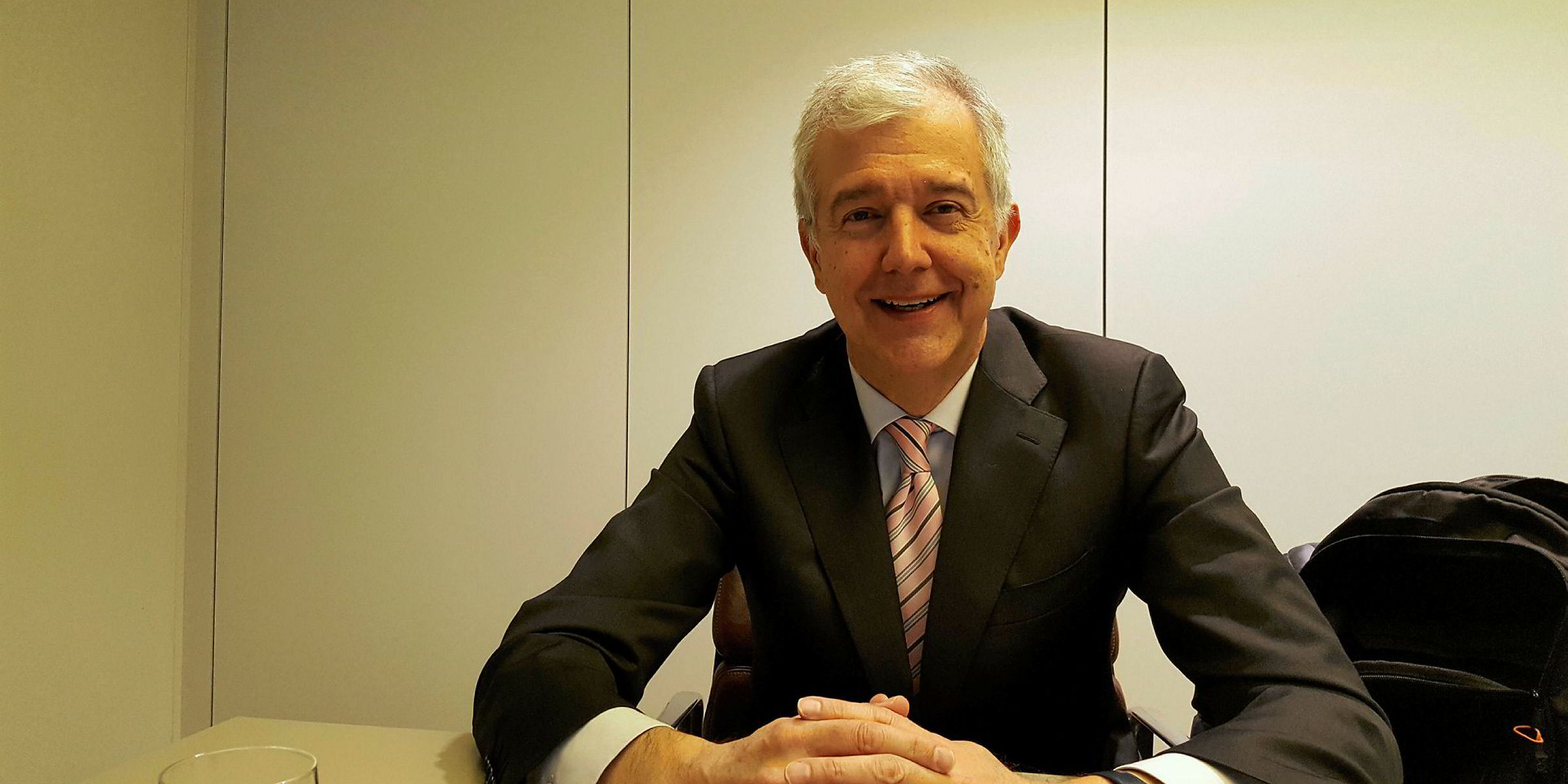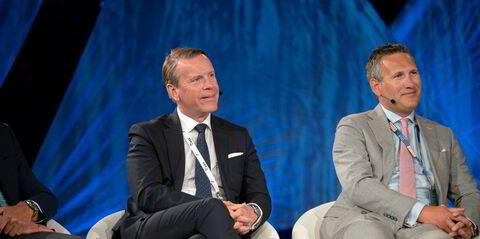Wartsila’s 12-year, $1bn performance-based maintenance contract with cruise giant Carnival could prove groundbreaking for shipping.
The deal, covering 79 vessels and 400 engines, involves possible penalties and bonuses for Wartsila depending on its performance against reliability and efficiency key performance indicators.
Recent advances in sensor technology and real-time data analysis made the deal possible and it takes shipping into the type of performance-based maintenance contracts used in the airline industry and pioneered by Rolls-Royce’s “power by the hour” system.
Pierpaolo Barbone, vice-president at the Finnish engine manufacturer, says that because the Carnival deal, announced in January, is the first shipping contract of its scope and length, both companies realise it will inevitably involve a learning process.
Fixing the parameters and targets, and negotiating the rewards and penalties and assessment process took a painstaking 18 months. Algorithms are required to calculate Wartsila’s financial return for achieving fuel-efficiency gains.
“...We have certain key performance indicators and we need contractually to perform to them,” Barbone said. “If we exceed, there is a premium; if we can’t, then there is a penalty.
“We are doing it together and we have established a link between the two companies in the management of and execution of the agreement. There is a working group that is leading and managing the contract together.”
As things stand, such an agreement, he believes, is suitable only for a company operating with a large fleet, with a strong in-house technical department and in a technically sophisticated sector such as cruise or LNG. The companies also have to be already familiar with each other.
“First of all, it requires a communion of intent and a common target and it requires you to have a journey together. You don’t start this type of contract the first time you meet your customer. You must also wish to grow together from the competence point of view,” he said.
But Barbone thinks the Carnival contract could eventually become a template for use throughout shipping.
Wartsila’s ambition is to extend the service to cover all its engine and machinery installations.
However, with an increase in data covering potentially tens of thousands of appliances, the in-service monitoring, assessment and decision-making would have to become automated first, he believes, for it to be possible.
“Our target is for sure to extend this to our entire product base — we are talking about right across our equipment and engine base and to all our customers,” he said.
“This would be welcome because it would mean our industry is developing and we would be very glad to see that.
“If you think about 12,000 customers, then something has to dramatically change, and what has to change is the opening to robotics — it means a cognitive intelligence has to be implemented.
“Now, we utilise condition-based maintenance and the feedback is tailor-made for a particular customer or ship. It means there is a human being behind it all, analysing the data.
“But if you have 10,000 or 15,000 installations, this requires robotics in terms of an intelligence that is analysing the parameters, then forewarning human beings only [about] what has gone beyond the threshold. That is the next step we are preparing for.”
Investment and competence development is key to creating the artificial intelligence such a system would require. Barbone says Wartsila is already at work to develop such a system. “It’s not too far away.”



